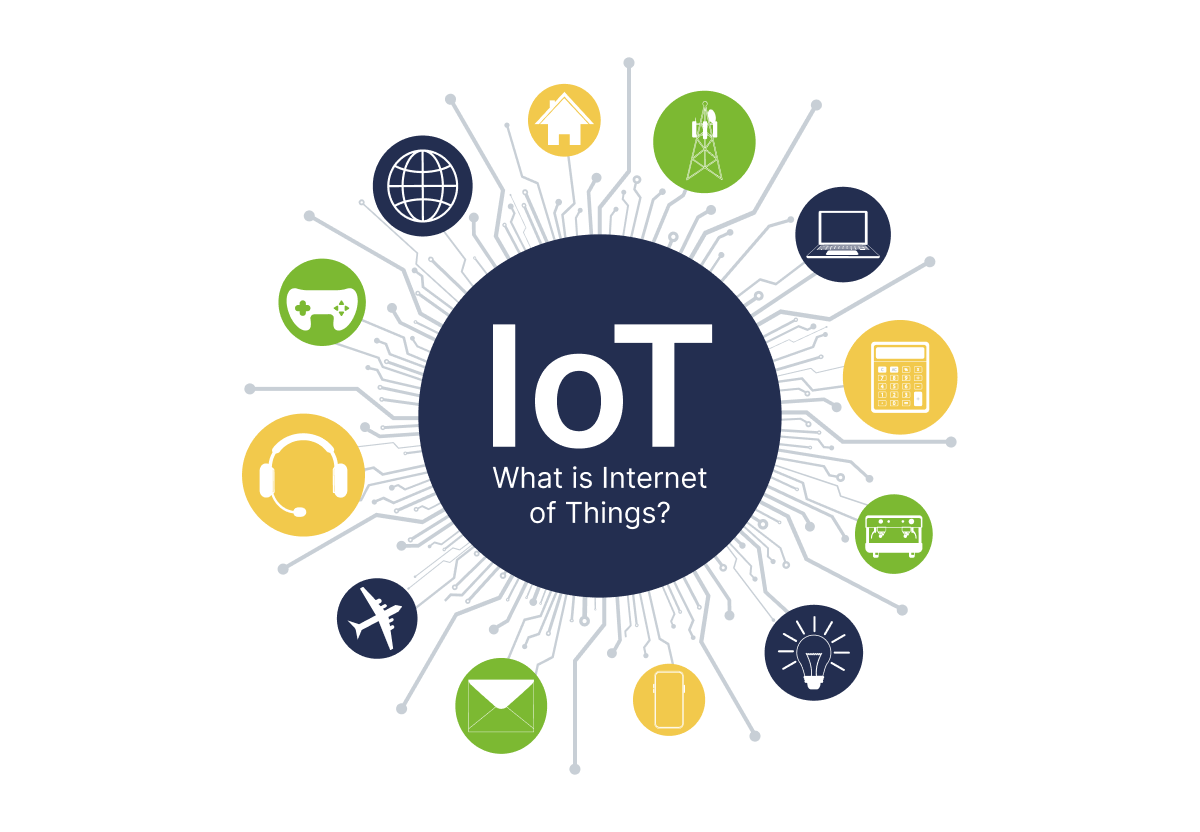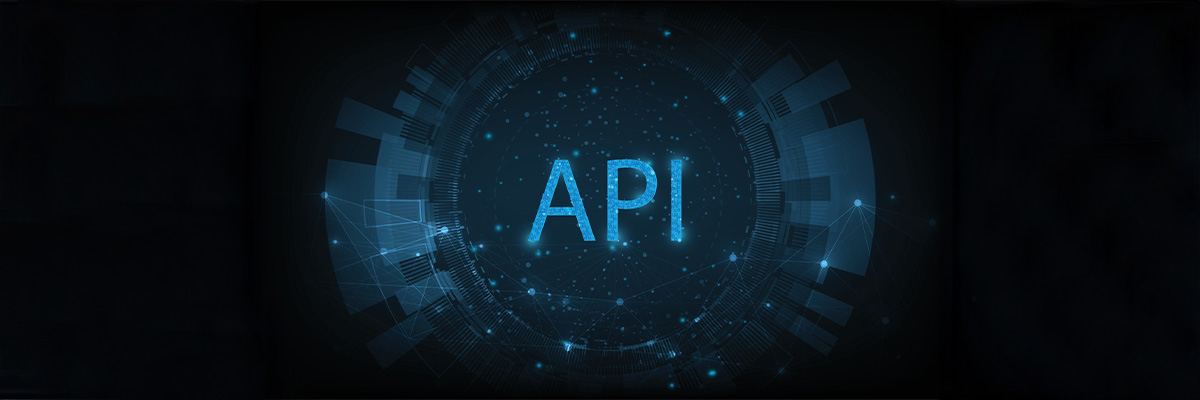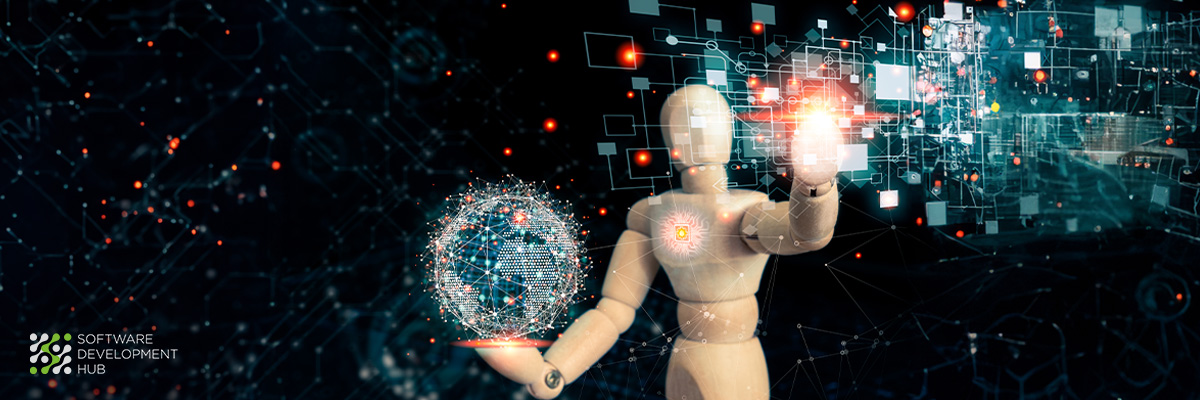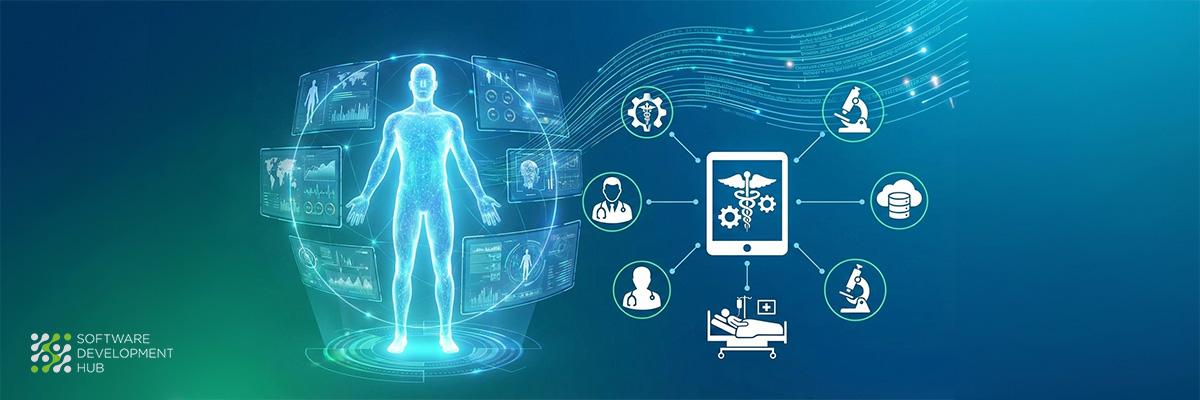How Internet of Things Makes Business Smarter
Internet of things (IoT) has become a key to altering business. Due to its existing production processes and logistics become more efficient. IoT contributes to intensification of work with customers and ensures growth of profits optimizing expenses and saving efforts.
Business advantages of introducing Internet of Things
What is Internet of Things? This is a network of devices that connect to the Internet and are controlled by it. There is data exchange between the devices, which improves the quality of users' life. We are accustomed to the functioning of "smart" technology at home, so most likely, you already use things like that: it might be a thermostat, a smart watch, or a smart speaker.
The Gartner survey says that in 2017 there were already 6.4 billion devices in the world, which is equivalent to $ 170 billion. Experts predict that by the end of 2022, the total value of IoT devices will more than double to reach $560 billion.
Working with data is aimed at strengthening knowledge about business operations, technology, marketing, production, etc. IoT is responsible for this function, thanks to which it is possible to improve the business.
Internet of Things discovers new flows of information about all areas of entrepreneurial activity.
The knowledge gained becomes the basis for creating new roles, ability to analyze large amounts of data even better. Thus, companies will be able to get to know their audience better, to delineate upcoming trends in their field more clearly. The information received through IoT sensors will not be used only for developing a business strategy, but also for optimization of work and increase of efficiency.

Read also: Requirements for cybersecurity ensuring of healthcare IoT systems
How Internet of Things alters business
The impact of Internet of Things on business is multidimensional. The key areas where IoT works positively are depicted below:
Cost and downtime reduction
A clear work plan might increase the cost of business processes by several times, forcing the staff to expand and, accordingly, to increase expenses on paying them. IoT allows to elimination this effect. For example, IoT device sensors can be used to alert when hardware breaks. Thus, the time allocated for troubleshooting is reduced to a minimum, which means that the downtime also tends to zero.
The extended concept of IoT provides even more benefits. Integrating digital twins into a network of a particular piece of equipment serves several purposes. With the help of a digital model of equipment, fault monitoring is carried out; specialists are trained, etc. The adjustable fail-safety of "twins" makes it possible to predict the failure of individual elements and warn maintenance personnel about this.
Interaction with customers
By creating smart consumer devices, engineers provide a basis for their improved interaction both on the network and with each other. For example, a thermostat regulates house temperature when the temperature indicators outside the house change. The lighting system can be programmed for a specific turn-on time, or it can be connected to motion sensors.
Tracking assets and reducing losses
Logistics is an area where IoT is almost totally used. For example, a bar code in manufacturing and inventory management makes sense only in case the location of the item is known. Whereas using IoT sensors, one can track the object with no loss. This applies to both manufacturing and the end customer of the goods.
Increased efficiency
"Smart" consumer devices can assist users in everyday life, doing routine tasks for them. At an enterprise Internet of Things is applied both for automated coffee making, and for more complicated tasks. Thus, according to survey, the implementation of digital transformation projects contributed to:
- decrease in the number of low-quality items – by 49%;
- efficiency grow – by 82%;
- improving of customers' experience – by 45%.
Saved costs, efficiency optimization, and improved inventory control are advantages of IoT in business.
Improved customer service
In this context, the user experience of interacting with a business is very important as a tool to increase loyalty. IoT reduces the number of failures and eliminates downtime as a result of such failures. Another thing to mention is inventory and overall supply chain management: IoT is applicable to create personalized experiences based on location and activity data.
Internet of Things is a catalyst for business change, setting the pace for these transformations. Together with artificial intelligence (AI), virtual reality (VR), augmented reality (AR), and blockchain technology, Internet of Things is altering the way the user lives and works.
Leverage the Software Development Hub's extensive expertise in IoT development capabilities in sensor programming, gateway integration, connectivity, IoT platform development, and analytics to drive hyperconnectivity in your business. We convert ideas into growth with 100+ like-minded software, web, and mobile engineering experts. Digital health, education, e-accounting, home automation, and security are only a few domains the SDH team has strong expertise. More than 9 million people are using software products developed by the SDH team worldwide.
Get an extensive range of IoT development services that can help you automate the process and enhance your end-user experience.
Categories
About the author
Share
Need a project estimate?
Drop us a line, and we provide you with a qualified consultation.








